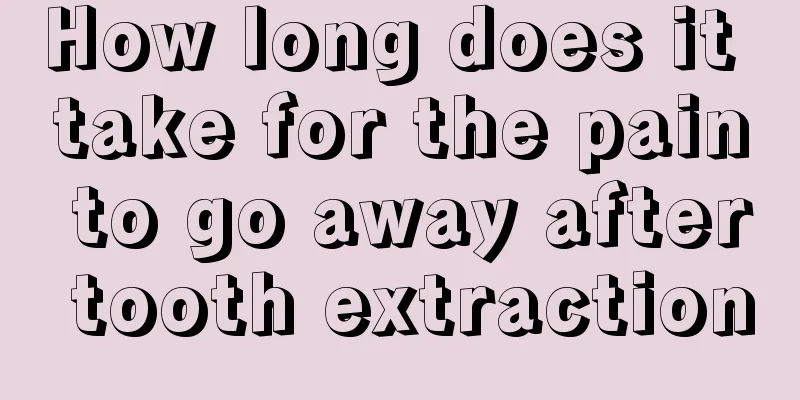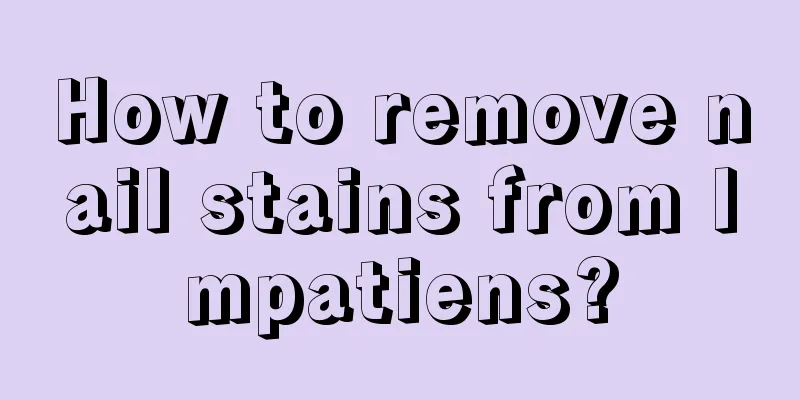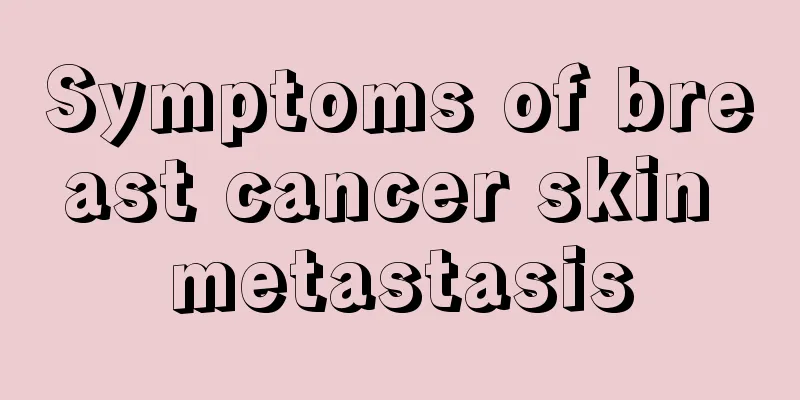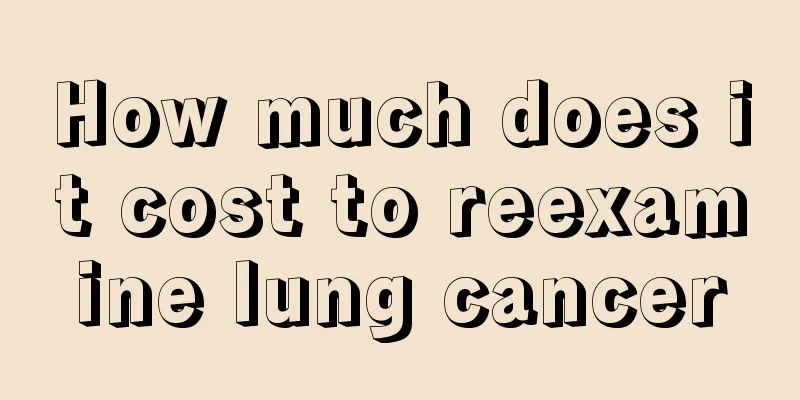How long does it take for the pain to go away after tooth extraction

|
Everyone knows that it is very painful after tooth extraction. Sometimes people will feel their teeth become red and swollen. These are quite common symptoms. If you want to relieve them, the best way is to apply more ice and let your teeth rest. You should also eat more semi-liquid foods to prevent your teeth from being damaged. The tooth extraction wound is filled with blood, and a blood clot begins to form in about 15 minutes. After a few hours, the gum tissue contracts, making the tooth extraction wound smaller. After 24 hours, connective tissue gradually grows into the blood clot. After 3 to 4 days, the gingival epithelium grows from the surrounding area to the surface of the blood clot and completely covers it. After 2 weeks, bone tissue gradually grows. Complications and their prevention and treatment There are two common complications: Bleeding after tooth extraction. If the gauze roll is spit out half an hour after the tooth is extracted, the bleeding generally will stop. It is normal to have a small amount of blood in the saliva within 1 to 2 days after tooth extraction. If there is still obvious bleeding, it is called post-tooth extraction bleeding. Most of them are caused by local reasons, such as gingival tear, residual bone fragments, etc. After cleaning and suturing, use gauze to compress and stop the bleeding. If it is caused by systemic reasons, it should be treated according to the cause while treating the local cause. 1. Patients with cardiovascular disease Those with severe cardiovascular disease and hypertension above 180/100 mmHg. Generally, patients with heart disease can have their teeth extracted as long as they do not show signs of heart failure (such as palpitations and shortness of breath during slight activities or lying down). However, the following should be done during tooth extraction: Do not add adrenaline to the anesthetic to avoid tachycardia and heart failure; Anesthesia should be complete and movements should be gentle to minimize adverse stimulation, bleeding or injury; Anti-infection prevention treatment should be given before and after tooth extraction, because heart disease patients have reduced resistance and are more susceptible to infection than normal people. 2. Hypertension patients Bleeding diseases: Patients with hemophilia and idiopathic thrombocytopenic purpura have impaired blood coagulation and therefore have a tendency to bleed. Bleeding after tooth extraction is difficult to stop and may cause heavy bleeding and be life-threatening. For leukemia patients, who are extremely susceptible to infection, the wound after tooth extraction can become a focus of infection, leading to serious systemic infection that is difficult to control. Therefore, these patients should receive conservative treatment when suffering from dental diseases, and tooth extraction is contraindicated. 3. Menstrual period In principle, women should avoid tooth extraction during menstruation because compensatory bleeding may occur in the alveolar cavity during menstruation. However, extracting loose teeth during menstruation will not have much impact on the patient. Some "deep-rooted" teeth, such as impacted teeth or impacted teeth, should be removed after menstruation. Data shows that it is most appropriate for women to have their teeth extracted around the 10th day of the menstrual cycle. At this time, the wound heals faster and bacterial infection is less likely to occur. 4. Pregnancy Some people believe that teeth should not be extracted during pregnancy because it may cause miscarriage. However, a large number of clinical practices have shown that tooth extraction during the 3rd to 7th month of pregnancy is relatively safe and has no adverse effects on pregnancy. During this period, the following points should be noted: ① Inject 10 mg of progesterone intramuscularly one day before and on the day of tooth extraction. ② Do not add epinephrine to the tooth extraction anesthetic. ③The anesthesia must be complete and the analgesic effect must be good. Tooth extraction is prohibited during pregnancy for patients with a history of habitual miscarriage or habitual premature birth. |
<<: What is the cause of flat toenails
>>: Should wisdom teeth be removed if they don't hurt?
Recommend
How to clean the ink
Children are generally very naughty. Even when th...
Reasons why venous blood turns black
Veins are very important blood vessels in the hum...
Rheumatoid arthritis in fingers
Rheumatoid arthritis of the fingers is a relative...
What to do if you keep having hiccups
I believe that each of us has encountered the sit...
How to treat body aches, weakness and sore throat?
The phenomenon of body aches is common among manu...
Is it necessary to get the cervical cancer prevention vaccine?
HPV vaccine is necessary, especially for women ag...
Can I lose weight by rubbing my belly every night?
Many people do not pay much attention to their li...
What is the reason for exposed tooth roots
Our teeth are divided into three aspects. In addi...
Causes of nasopharyngeal carcinoma
Nasopharyngeal carcinoma is one of the most commo...
Pain in the right upper abdomen at midnight
Today we are going to talk about pain in the uppe...
What disease makes people easily angry?
Getting angry is something that every one of us h...
How to care for complications after prostate cancer surgery
Prostate cancer is a male disease with a relative...
Can I have a second surgery if pancreatic cancer recurs?
Can I have a second surgery if pancreatic cancer ...
What is the early response to breast cancer
What are the early responses to breast cancer? Ea...
What causes itchy head? These are the reasons
Itchy scalp is a condition that many people exper...









